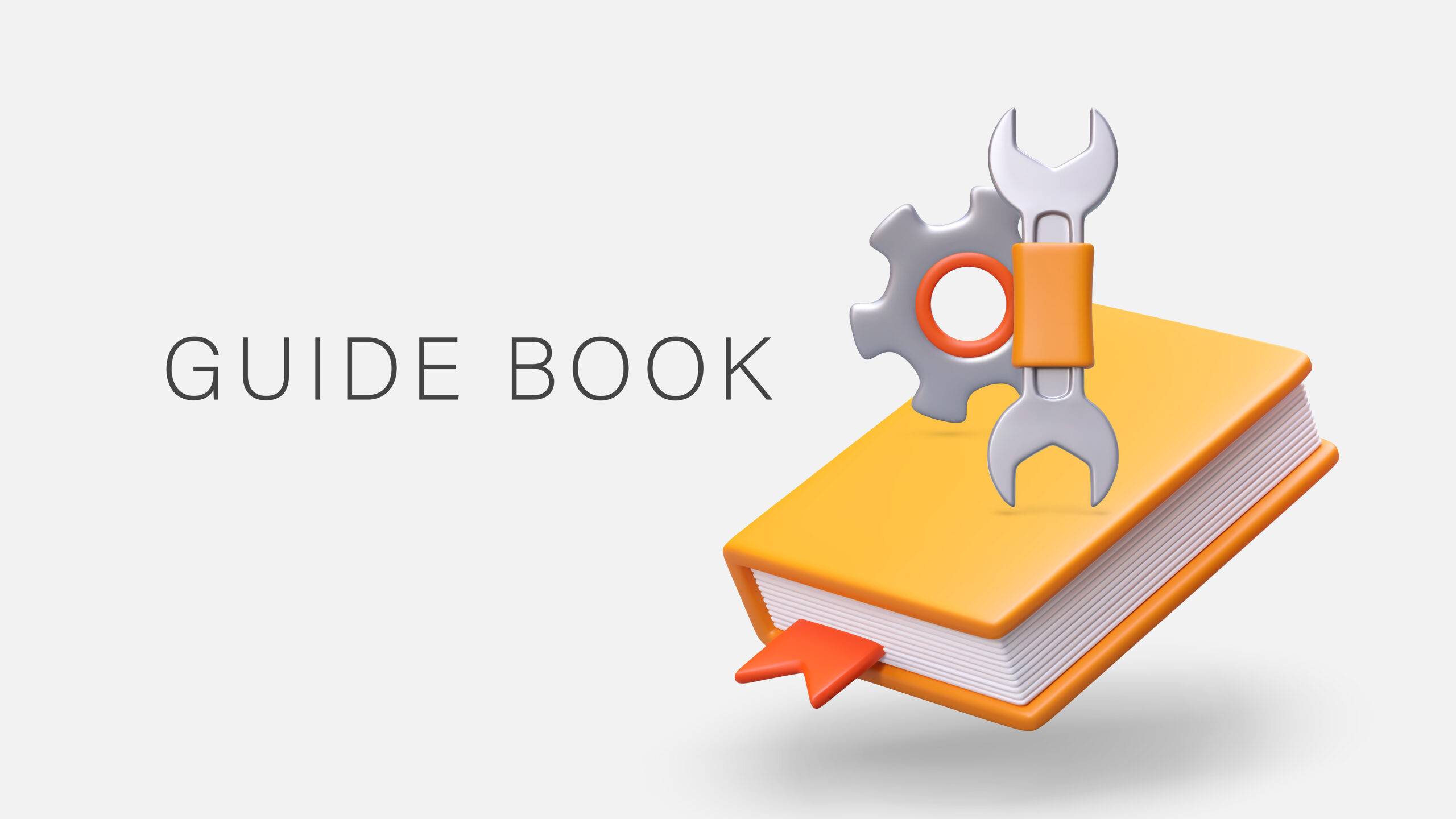Self-Study
Activity-Based Costing
Learn to implement activity-based costing systems to accurately allocate overhead costs, improving your clients' pricing decisions and profitability analysis.

$87.00 – $107.00
Webcasts are available for viewing Monday – Saturday, 8am – 8pm ET.
Without FlexCast, you must start with enough time to finish. (1 Hr/Credit)
Please fill out the form below and we will reach out as soon as possible.
CPE Credits
3 Credits: Accounting
Course Level
Overview
Format
Self-Study
Course Description
Activity-Based Costing offers an in-depth exploration of an essential costing methodology, tailored to meet the needs of professionals dealing with complex financial decisions. This activity-based costing in accounting CPE course stands out by providing a clear and detailed understanding of how to allocate overhead costs accurately, a crucial aspect for any business’s financial health. Participants will benefit from learning the differences between direct and overhead costs, and how misallocations can occur in different operating environments. The CPA CPE accounting course sheds light on the intricacies of activity-based costing, including the processing steps and the distinction between primary and secondary cost pools. Additionally, our activity-based costing course offers insights into the types of activity drivers within a business and how to effectively use them for cost allocation. The self-study activity-based cost accounting CPE course also guides on setting up and managing a successful activity-based costing project, detailing the contents of a bill of activities and the allocation treatment for various administrative costs. By understanding the advantages and optimal scenarios for applying activity-based costing, participants will be well-equipped to improve their decision-making processes, leading to more accurate and beneficial financial outcomes for their businesses.
Learning Objectives
Upon successful completion of this course, participants will be able to:
- Recognize the differences between direct costs and overhead costs.
- Specify how overhead can be mis-allocated in different operating environments.
- Describe the allocation problems associated with a single allocation base.
- Describe the processing steps used in activity-based costing.
- Specify the differences between primary and secondary cost pools.
- Identify instances in which the refresh rate for activity drivers can be delayed.
- Describe the different types of activity drivers that can be found within a business.
- Specify the contents of a bill of activities.
- Recognize the allocation treatment for the different types of administrative costs.
- Identify the situations in which additional cost pools and activity drivers should be added.
- Specify the advantages and disadvantages of activity-based costing.
- Describe the circumstances under which activity-based costing can be most beneficial.
Course Specifics
SS124365941
March 13, 2025
There are no prerequisites.
None
64
Compliance Information
CMA Notice: Western CPE makes every attempt to maintain our CMA CPE library, to ensure a course meets your continuing education requirements please visit Insitute of Management Accountants (IMA)
CFP Notice: Not all courses that qualify for CFP® credit are registered by Western CPE. If a course does not have a CFP registration number in the compliance section, the continuing education will need to be individually reported with the CFP Board. For more information on the reporting process, required documentation, processing fee, etc., contact the CFP Board. CFP Professionals must take each course in it’s entirety, the CFP Board DOES NOT accept partial credits for courses.
Meet The Experts

Steven M. Bragg, CPA, is a full-time book and course author who has written more than 300 business books and courses. He provides Western CPE with self-study courses in the areas of accounting and finance, with an emphasis on the practical application of accounting standards and management techniques. A sampling of his courses include the The New Controller Guidebook, The GAAP Guidebook, Accountants’ Guidebook, and Closing the Books: An Accountant’s Guide. He also manages the Accounting Best Practices podcast. Steven has been the CFO or controller of both public and private companies and has been a consulting manager with Ernst & Young and …
Related Courses
-
 Accounting
Accounting
Accountants’ Guidebook
Steven M. Bragg, CPA QAS Self-Study
Credits: 30 $600.00
QAS Self-Study
Credits: 30 $600.00$600.00 – $640.00
-
 Accounting
Accounting
Accounting Fraud: Recent Cases
Joseph Helstrom, CPA QAS Self-Study
Credits: 1 $29.00
QAS Self-Study
Credits: 1 $29.00$29.00 – $49.00
-
 Accounting
Accounting
GAAP Guidebook
Steven M. Bragg, CPA QAS Self-Study
Credits: 29 $580.00
QAS Self-Study
Credits: 29 $580.00$580.00 – $620.00
